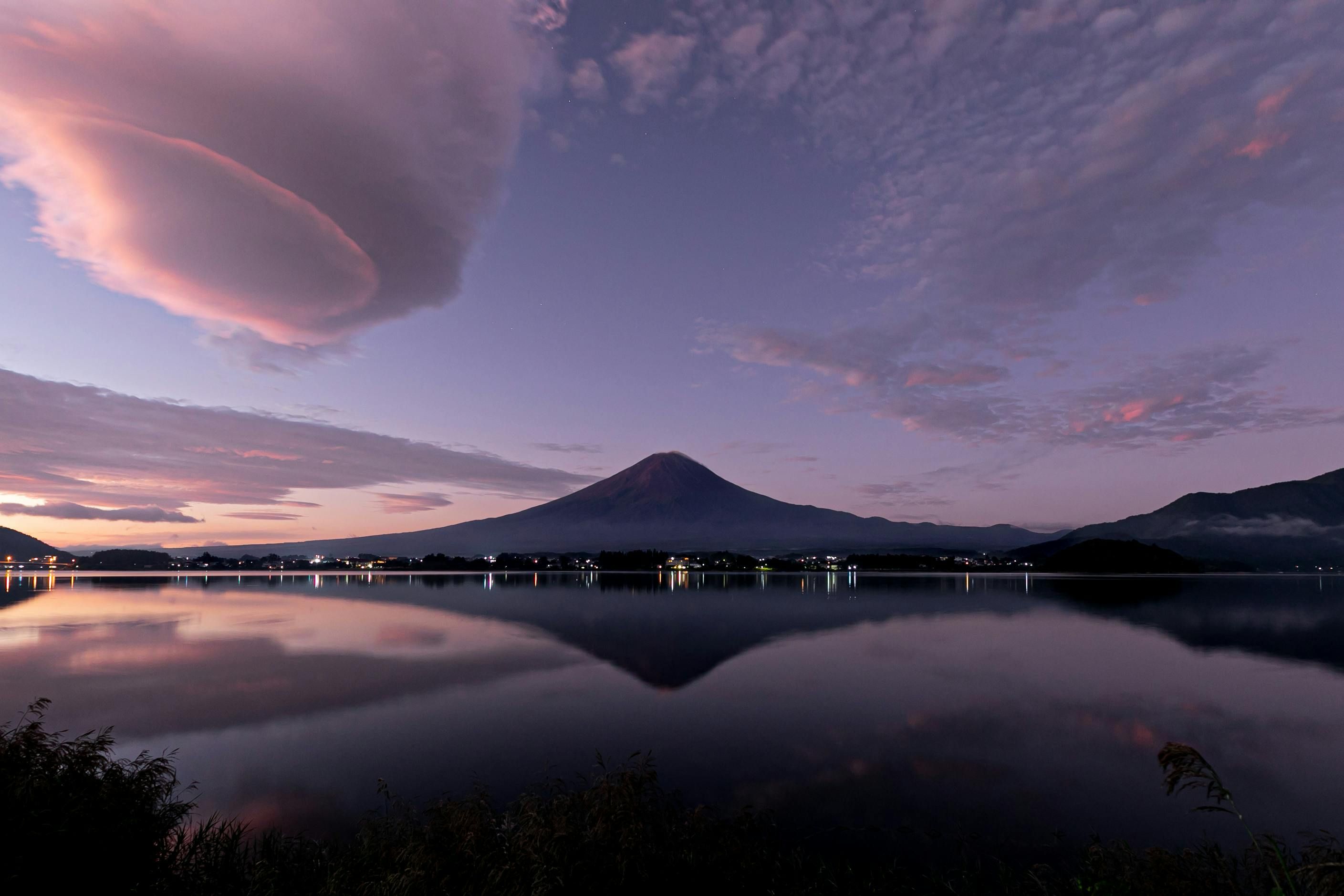Undermining Democratic Institutions: Methods Used by President Donald Trump
Raw, Unfiltered Take: Trump's Assault on Democracy - A Deep Dive into the Chaos
The Trump Presidency has unleashed a wave of chaos across the US, sweeping aside the norms that bound power for years. With a reckless disregard for checks and balances, Trump has threatened democracy itself.
In a blatant power grab, Trump has trashed the sacred principle of the separation of powers like never before since World War II. His administration has flouted court orders and actively restricted cooperation with them. Trump has publicly belittled judges, questioning their authority and undermining the very foundation of the judicial system. This is a direct assault on the role of the judiciary in safeguarding the law.
Trump's turbulent relationship with Congress is also noteworthy. He treats the legislative branch like a puppet, pushing through policies and decisions as if they were his own. For instance, he blocked the sale of TikTok, a move that should have been Congress' prerogative.
When Laws Mean Little
The Trump administration's flagrant violation of the Constitutional right to a fair trial is chilling. They have systematically undermined this fundamental principle, denying due process to immigrants and others. Trump publicly questioned whether the Constitution even applies to migrants, suggesting a dark future for second-class citizens in the legal system. This unease extends to US citizens - Trump has hinted that he could consider deporting criminal US citizens, disregarding legal norms.
The Department of Justice has been transformed into a political tool, as Trump uses it to target his political opponents. Legal scholars warn that this is a dangerous turn—the Department should serve the nation, not the president's personal interests.
A Chilling Free Speech
Contrary to their claims, Trump and his team have done little to 'revive free speech'. Instead, they have stifled it. Journalists have been sued for critical coverage, and influencers have been given preference at press conferences. These actions are reminiscent of authoritarian regimes, not democratic governance.
Education and Research: Under Threat
The Trump administration's hostility towards critical discourse has extended to education and research. The Smithsonian, a leading cultural institution, has faced pressure to reshape its exhibitions according to racist narratives. Universities have also been targeted, with some facing funding cuts if they don't comply with government demands to end diversity measures and restructuring.
In an alarming development, renowned scholars are leaving the country for academic sanctuaries abroad. The escalating pressure here is making it increasingly difficult for scholars to teach and conduct research without facing harassment or retaliation.
In this climate of fear and manipulation, it's hard not to dread the future of democracy in the US.
Insights:
- The Trump administration pursued an aggressive interpretation of presidential power, often asserting broad “exclusive” executive powers that reduced congressional and judicial oversight. This approach was grounded in the unitary executive theory, which holds that the President has nearly unchecked control over the entire executive branch.
- The courts, particularly the Supreme Court, have in some cases embraced a broad view of exclusive presidential powers, limiting Congress’s ability to regulate executive functions. However, many of Trump’s actions faced legal challenges that questioned whether his administration was overstepping constitutional limits.
- Trump's tenure was also characterized by contentious interactions with the media and critics, raising debates on free speech protections and the role of the government in regulating or influencing speech.
- The administration’s broad restructuring efforts likely had indirect effects on education and research, as federal support for programs in these sectors may have faced uncertainty or reductions.
[1] Supreme Court returns broad powers to President Trump[2] Trump administration claims expansive executive authority in defense spending fight[3] Trump’s executive order to federal agencies: Crippling, costly, and polarizing[4] Trump and the Unitary Executive Theory[5] The Constitution’s roles in controlling the president's power to reshape the federal government
- The European Union, as a political body, has been closely watching the events unfolding in the United States, with concerns over the weakening of democratic norms not unlike those faced within the EU itself.
- Smithsonian institutions, usually associated with cultural education and research, have faced immense pressure to align their exhibitions with narratives that promote political agendas, reminiscent of certain policies and legislation enacted by politicians alike.
- In the realm of general news, the political landscape of the United States has been marred by ongoing controversies revolving around war-and-conflicts, crime-and-justice, and the role of WhatsApp as a platform for information dissemination.
- Scholars, in the pursuit of knowledge and education, have found themselves facing threats and hostilities, leading some to seek refuge in academic sanctuaries abroad, highlighting the deterioration of the academic community within the country.
- Political controversies in the United States, particularly those surrounding the Trump administration, have prompted lively debates on the separation of powers and the role of the Department of Justice, with instances of it being used as a tool for political retaliation against opponents stirring concerns akin to those witnessed during war-and-conflicts and policy-and-legislation debates.







